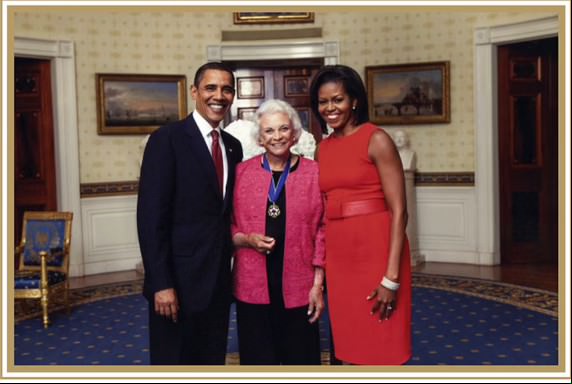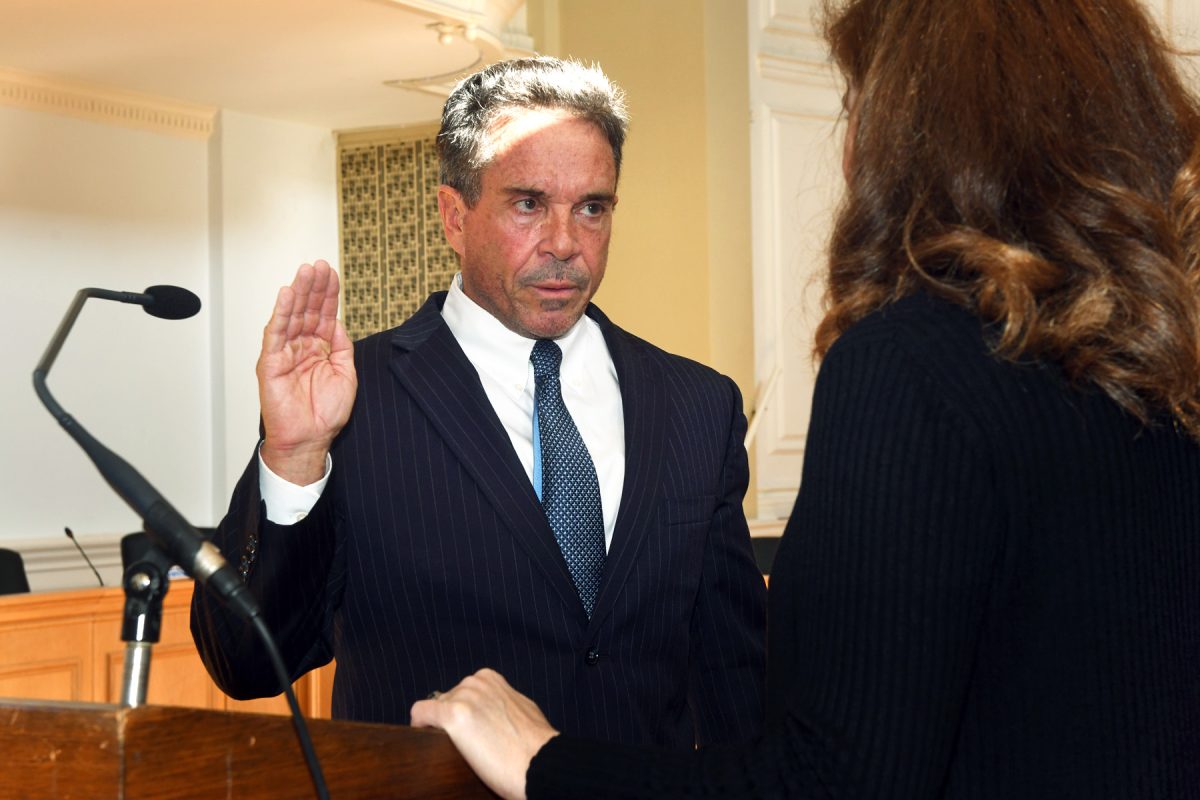
Former Supreme Court Justice Sandra Day O’Connor lived a greatly influential life. An advocate for equal protection for all Americans, O’Connor made crucial decisions on cases such as Grutter v. Bollinger (2003) and Hamdi v. Rumsfeld (2004) to extend rights to many different groups. O’Connor also made history as the first woman to hold a judge position on the United States Supreme Court.
According to the Supreme Court, O’Connor personally disdained the label of “swing judge” despite the press referring to her as such. Her approach to voting depended on individual issues instead of pure alignment with political parties, which often led her to casting a decisive vote in 5-4 decisions. Out of her 676 opinions authored throughout her career, which touched upon a wide range of social issues, 301 upheld the Opinion of the Court.
O’Connor once said, “Being a member of the Court is a little like walking through fresh concrete. We look back and see our footprints in those opinions that we’ve written and they tend to harden after us.”
AP United States Government and AP United States History teacher Mr. Austin Cesare agrees that O’Connor had a great effect on the United States Supreme Court.
“If [The Supreme Court is] going to make judicial interpretations that impact the whole country, it’s important to have a Supreme Court that reflects America. By having her on the Court, I think it definitely shaped the opinion of the Court to look at all sides, not just one,” Cesare explains.
As the first woman on the Court, O’Connor introduced a new, more female-oriented perspective to the interpretation of the Constitution. Although she explicitly stated that she was not a feminist, her service as the first woman in a previously male-dominated workspace and conquest in overcoming adversity has inspired others.
In her Address to the 16th Annual Olin Conference: Women in Power on November 14, 1990, O’Connor proclaimed, “As women achieve power, the barriers will fall. As society sees what women can do, as women see what women can do, there will be more women out there doing things, and we’ll all be better off for it.”
United States History teacher and Female Empowerment Club advisor Ms. Sarah DiGiacomo describes O’Connor as a trailblazer. DiGiacomo contends that because O’Connor could frame issues from a feminine perspective, she allowed for more feminist cases to come before the Court.
“When lawyers like Ruth Bader Ginsburg would fight in front of her, and eventually fight beside her, they were able to get their cases on the docket because of Sandra Day O’Connor,” DiGiacomo states.
Following her retirement from the bench on January 31, 2006, O’Connor continued to advocate for judicial freedom worldwide. In recognition of her trailblazing efforts, she was awarded the Presidential Medal of Freedom – the nation’s highest civilian honor – by President Barack Obama on August 12, 2009.
O’Connor passed away at the age of 93 on December 1, 2023 due to complications with dementia and respiratory illness. However, her legacy endures with her impactful votes on pressing civil rights issues and inspirational story.
“I’ve studied American government for years. I think that she stands out as one of the most important figures in Court history. She’s definitely somebody that people could look up to and admire,” Cesare concurs.









